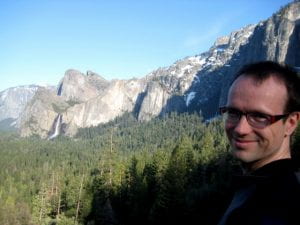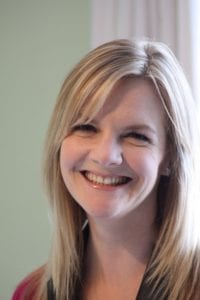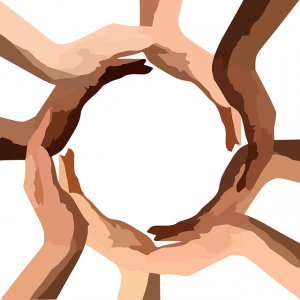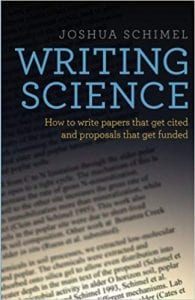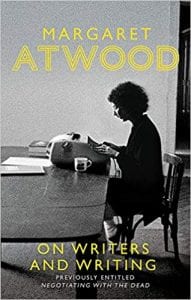Core Values
When thinking about career development, core values really are something to take into consideration. If you’re not sure what yours are, or you’ve never heard of core values before – read on to understand a key tool in thinking about your next career steps.
What are core values?
Core values are a set of values or beliefs that are fundamentally important to you as a person. We all have them, and they will be different for each of us.
They could be things such as autonomy, security, creativity, wealth, expertise, equality, kindness… the list goes on. But what it comes down to is the fact that there will be a few on that list that you will want to uphold and live by above all others… They are at the very core of who you are and what you believe.
Why are core values important?
Your values will affect the way you behave and your decision making. In short, they affect how you live your life. They are still there working in the background, even if you don’t consciously know what they are.
You’ll know that they exist because when you are living a life that is consistent with your values you will feel content, satisfied and all will feel right with the world. However, when you are going against your values, making decisions or behaving in a way that does not uphold your values you are likely to feel discomfort, unease and like something is just wrong… that sinking feeling in your stomach – a kind of gut instinct.
Becoming aware of what those values are can help you to make decisions to live a life more aligned with what is important to you. For example, if you value security, how comfortable will you be knowing that to be in a research career you are likely to be on fixed-term contracts or constantly bidding for last-minute funding? On the flip side if you value freedom, it is worth considering if a core-funded position like a lectureship will give you the freedom you crave?
How to identify my values?
So how do you find out what your values are? One way is to look at a list of values and see what resonates with you. There are many online or you can use the one linked below.
You’re looking for just a few… the really important ones.
If you struggle, then see if you can create categories of ‘I really don’t care about this’, ‘I care about this, but I can compromise’, and ‘I absolutely will never compromise on this’.
That refusal to compromise gives you another way to explore your values. When was the last time you got really angry with a situation? What was it exactly that made you angry? Why did you care?
It’s likely that, if you dig deep enough, you’ll find that someone ‘stepped on’ one of your values (or worse, forced you into a position where you had to ‘betray’ your own values).
The hard bit – making changes
Many things can stop us from making the changes we need to make, to live in a way that is more aligned with our values; Habits, lifestyle, peer pressure, fear… all these things can keep us where we are even if we don’t feel great about where that is.
So how far might you want, or need, to redress the balance?
Be aware that there are no hard and fast rules about this. Each of us is different, and has different tolerances for misalignment, for different reasons, at different times.
And so there is no judgement either.
For that researcher who needs security, they might decide that they will embrace instability, for a period of time, in order to work towards a more permanent academic position.
Or… they might begin to look for a role that gives them more security.
And, for that researcher who revels in the autonomy of a research position, they might decide that they can build that freedom into a permanent academic post… or that the compromise of lost freedom is justified by having a stronger platform of influence for their work.
Or… they might decide that they value the freedom more, and – even though it’s potentially precarious – remain as a researcher.
The difference for both will, though, likely be that having identified their core values, and negotiated with themselves a solution that acknowledges and respects those core values, they will be at peace with the solution that they adopt.
Resources


